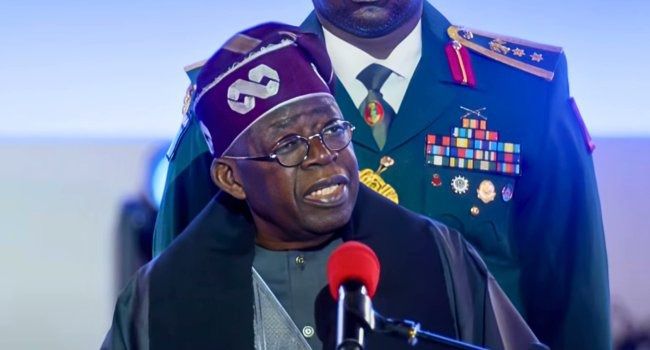With all indications, all is set for the highly anticipated Lagos State Local Government Elections 2025, scheduled to hold on Saturday, July 12, 2025.
Saturday Telegraph reports that from the bustling mainland districts to the upscale neighbourhoods of the island, political tension is building ahead of what many analysts describe as a quiet but pivotal moment for Nigeria’s most populous state.
Meanwhile, the Lagos State Independent Electoral Commission (LASIEC) has confirmed the deployment of election materials and security personnel to the 13,325 polling units across the 20 Local Government Areas (LGAs) and 37 Local Council Development Areas (LCDAs). Voting is expected to commence at 8:00 a.m. across the state.
This year’s local council elections in Lagos carry more weight than usual, as the ruling All Progressives Congress (APC) seeks to reaffirm its long-standing dominance amid rising political competition.
The APC, which has held sway in Lagos since 1999, faces renewed pressure from the Labour Party (LP), which made surprising gains in the 2023 general elections, particularly in areas like Amuwo-Odofin, Eti-Osa, and Surulere.
The Labour Party is hoping to consolidate its momentum at the grassroots level, fielding candidates in several strategic LGAs. While its campaign presence has been strong in pockets of the state, political observers note an inconsistent visibility in other key areas.
Meanwhile, the People’s Democratic Party (PDP), historically the main opposition in Lagos, has been relatively silent during this electoral cycle, reflecting internal party crises and diminishing influence in the state.
Local government elections in Nigeria are often marred by low turnout and skepticism over fairness, but this year’s Lagos poll is under closer scrutiny. Civil society organisations and opposition candidates have raised alarms about the late release of the validated candidate list, published just four days before the election, on July 8.
Concerns have also emerged about alleged voter intimidation and campaign material destruction, particularly in opposition strongholds. In Amuwo-Odofin, one LP candidate claimed a plot to disrupt the vote, calling on security agencies and LASIEC to ensure a level playing field.
In response, LASIEC Chairperson Justice Ayotunde Phillips (Rtd.) reassured Lagosians of a transparent and inclusive process, with specific provisions made for vulnerable groups, including pregnant women, the elderly, and persons with disabilities.
Governor Babajide Sanwo-Olu has called on eligible residents to turn out in large numbers, emphasizing that local councils are essential to everyday governance.
“Local governments are the closest tier to the people. They play a vital role in delivering public services such as waste management, road repairs, market administration, and primary education,” the Governor said.
Security agencies, including the Lagos State Police Command, have promised robust deployment of personnel to polling units to ensure a peaceful and orderly exercise.
Though often overlooked, local government elections shape how resources are allocated at the grassroots and influence national political dynamics. Today’s vote is widely seen as a litmus test for the ruling party’s popularity and the evolving strength of the opposition in Nigeria’s commercial capital.
With 2027 general elections on the horizon, the outcome of the Lagos LG polls could determine the next wave of political leadership and grassroots mobilizers in the state.
Stay with Saturday Telegraph for live updates, real-time election results, and on-the-ground reports from our correspondents across Lagos.
Please follow and like us:












